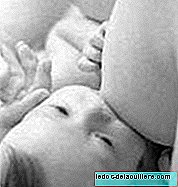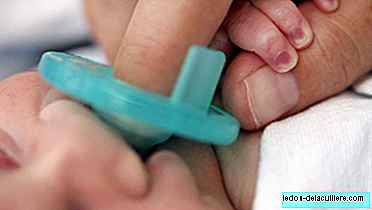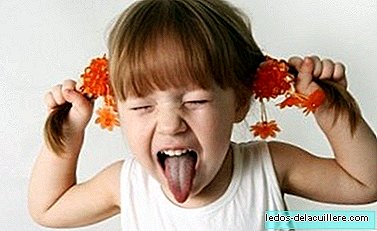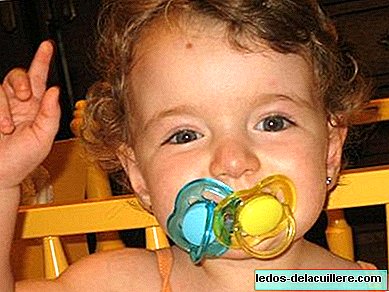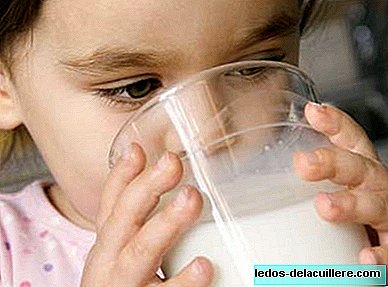
It is believed that about 5% of children have or have had an allergy caused by food.
Food allergies have a large inherited component, but they are also associated with environmental factors and the early introduction of food.
The foods that most frequently cause allergy are peanuts, dairy products and eggs. It is curious to know that most allergies are caused only by five foods: peanuts, peanut butter, eggs, cow's milk products and derivatives, and soy and wheat. It can also be caused, although less frequently, by chocolate, strawberries, tomatoes or shellfish.
When the child consumes any of these foods, if he is allergic to them, the body produces an immune response manifesting some symptoms after eating it.
Let's see what are the symptoms that allow us to suspect that the child may suffer allergy to any food.
There are three types of manifestations that can appear in combination.
Digestive manifestations:
Swelling, especially near the mouth (lips, tongue, face, sometimes eyelids)
Difficulty swallowing
Abdominal pain, cramping, diarrhea, nausea and vomiting
Skin manifestations:
Itchy skin: occurrence of local or generalized urticaria
Erythema or hives on the skin
Atopic dermatitis: inflammatory skin disease very common in young children
Respiratory manifestations:
Bronchial asthma
Rhinitis (nasal congestion)
Bronchospasm crisis
Rarely can there be anaphylaxis immediately after eating the food. There is a drop in blood pressure, choking sensation and loss of consciousness. If it happens, it requires immediate medical attention.
Regarding the time at which symptoms may appear, they are classified into three:
Immediate: they appear within a few minutes after eating the food, usually within the first 30 minutes. The effect-cause relationship is very evident and the most common symptoms are vomiting, hives, asthma and anaphylaxis.
Deferred: are symptoms that appear after two hours of eating the food. The most frequent are digestive symptoms such as diarrhea linked to protein-sensitive enteropathy.
Late: appear days after eating the food, such as atopic dermatitis.
It is very important to observe the child after giving him some of the foods that most frequently cause allergies, especially when they are consumed for the first time. If you detect any of these symptoms related to any food You should consult with the pediatrician who will perform the necessary tests to confirm the allergy or not.
The treatment consists in avoiding the food to which you are allergic until the reaction disappears, but you should not suppress the food until you confirm that it is an allergy because there are times when food allergies are attributed when they really are not.



